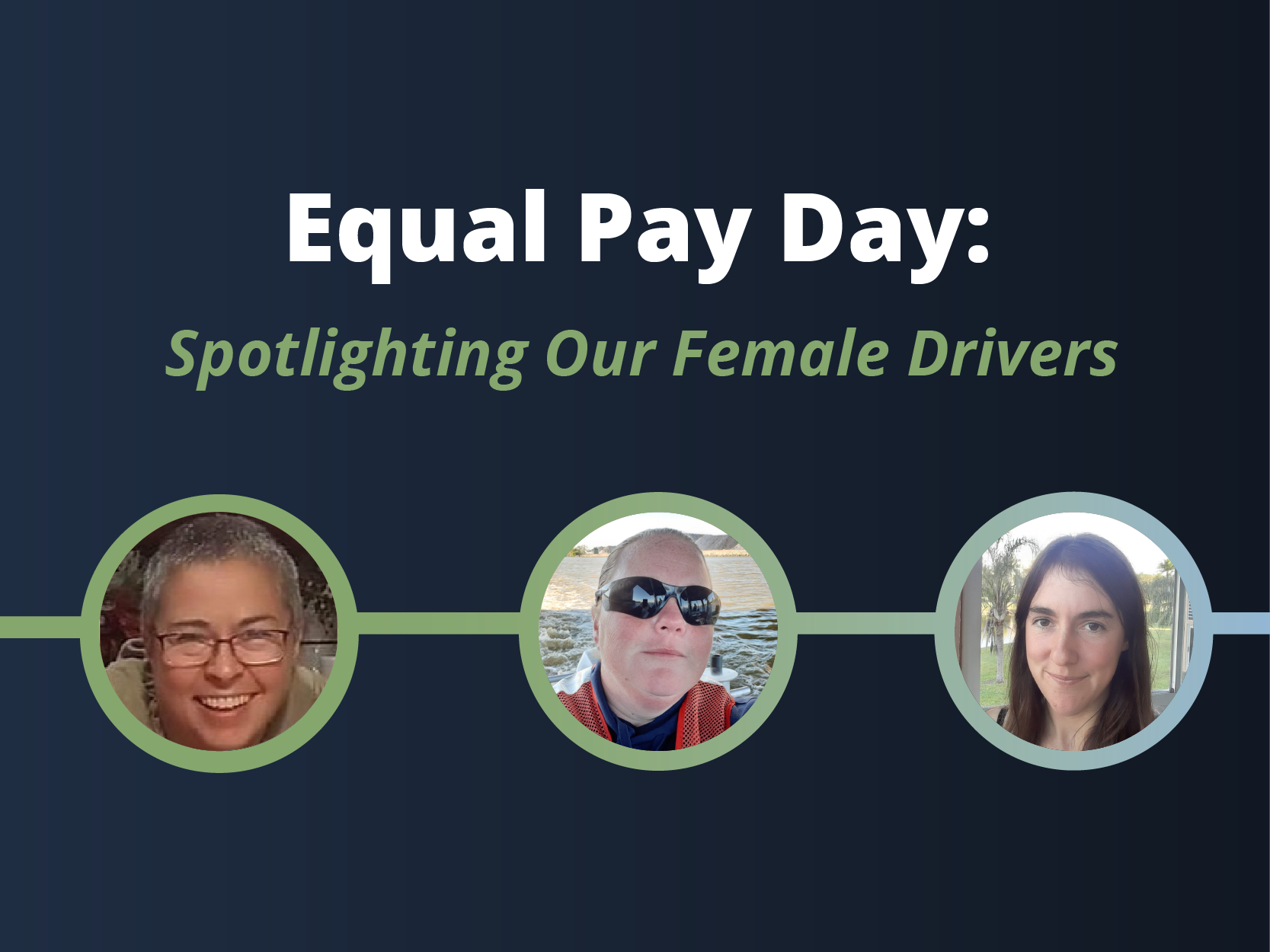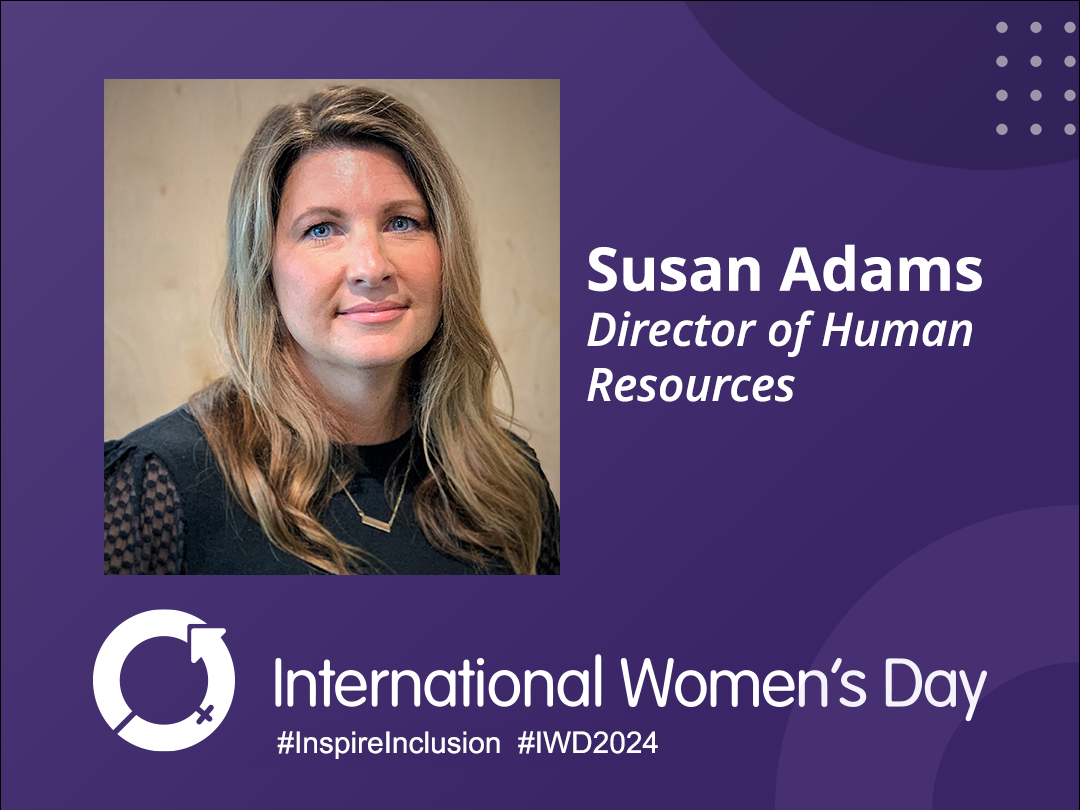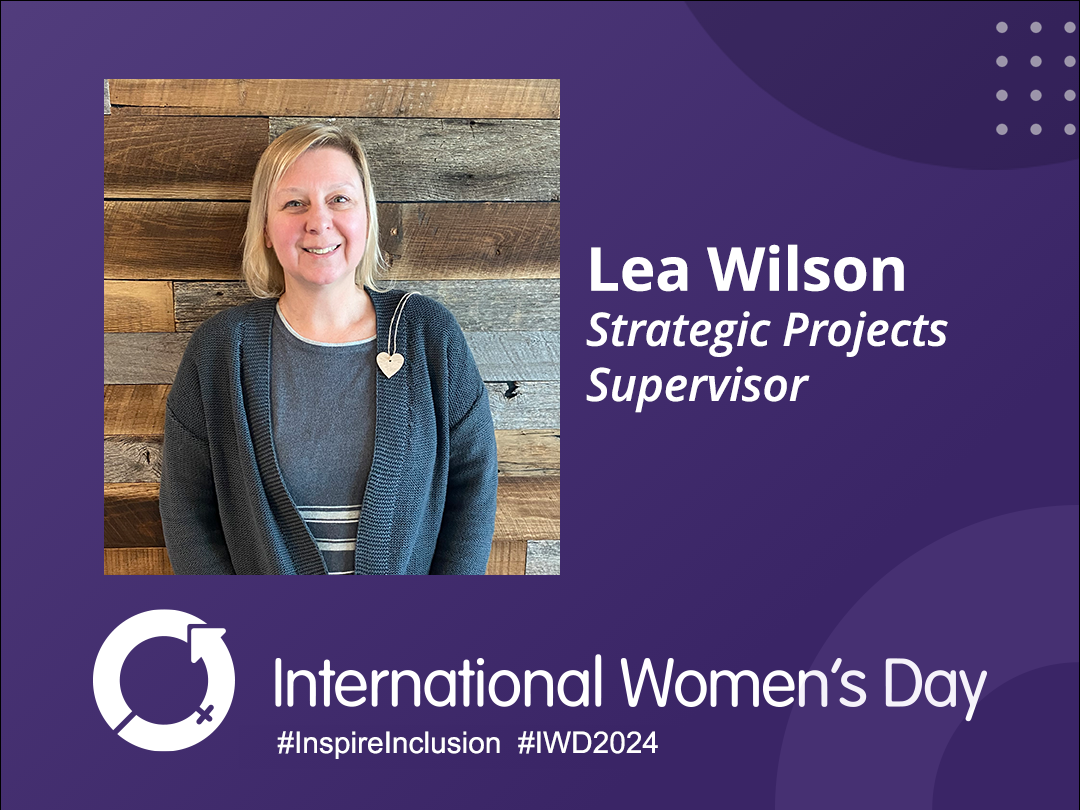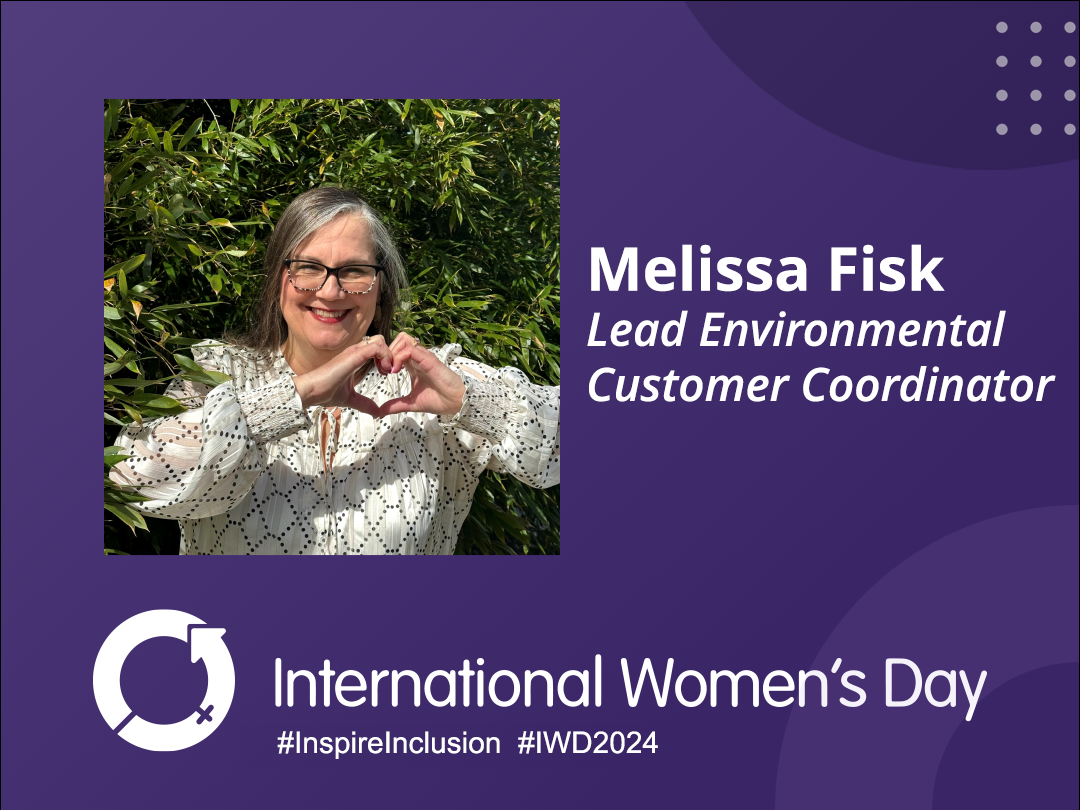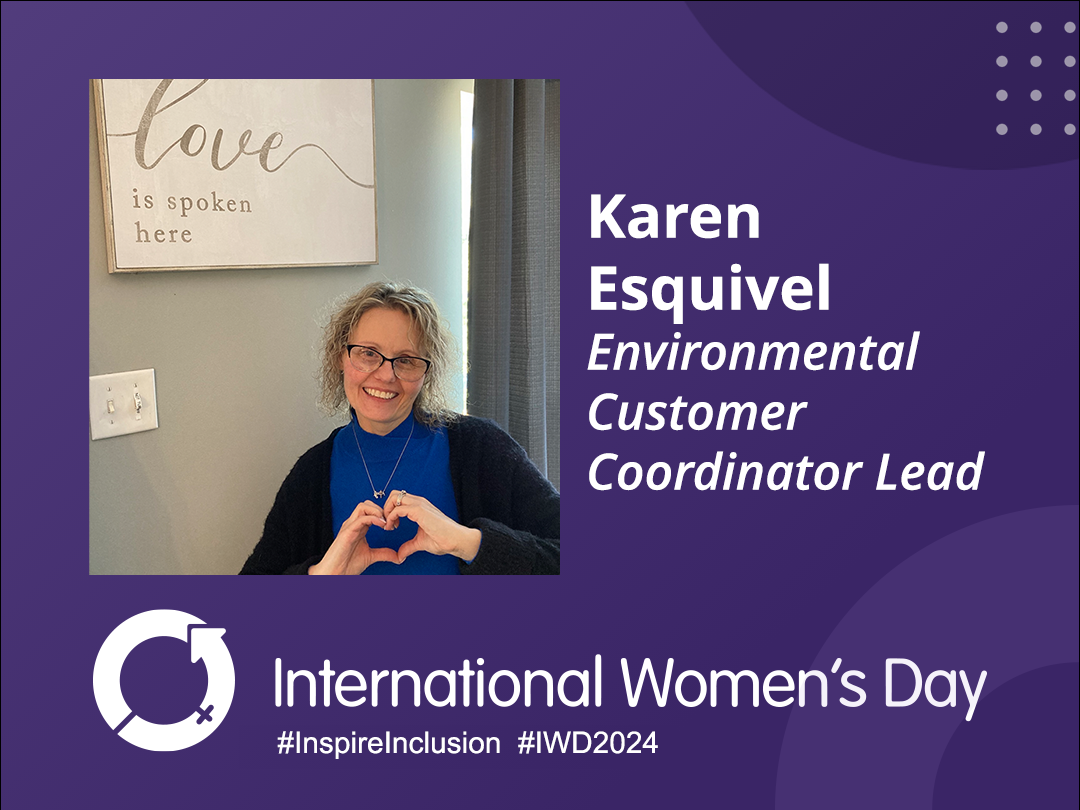
Pesticides and herbicides are substances used to help control pests like insects, arachnids, rodents, and weeds. Oftentimes used in gardening, they are intended to help us keep these pests both from damaging produce and harming people with bites or stings. While these products are undeniably helpful, they also pose certain dangers.
According to the University of Missouri, accidental exposure to pesticides can occur through ingestion, inhalation, and/or skin absorption. Once exposed, pesticides can harm organisms including pets, livestock, wildlife, and people. Physical reaction varies in relation to the type of pesticide, the amount of pesticide one is exposed to, and the age and health of the victim.
Similar to most kinds of household poisons, children are generally more susceptible to harm from pesticides than are adults, due to lower body weight and increased toxins per pound. “Children are also especially sensitive to the neurotoxins often found in pesticides, because children’s immune systems, organs, brains, and nervous systems are still developing.”
In addition to poisoning, the EPA warns that, “The potential [negative] environmental impacts from pesticide disposal are air, soil, and water contamination from releases and accidental exposure of humans and animals.”
The environmental implications concerning improper disposal are the same as for the application process, except that the concentration of the pesticide may be stronger because of the quantity and mass of the disposed pesticide. The disposal of pesticides is a critical process; if not properly conducted it can have immediate, detrimental effects on the environment. The EPA encourages either storing excess pesticides for later use or returning it to the manufacturer for relabeling or reprocessing into other materials.
If you have any unused pesticides or herbicides the best way to dispose of them is at a Household Hazardous Waste collection event.
Some examples of the types of products to look for are:
- Non-Aerosol Pesticides and Herbicides
- Rat Poison
- Roach Traps
- Home and Garden Sprays (Non-Aerosol)
- Roundup
- Weed-B-Gon
- Non-Aerosol Sprays
- Citronella Candles
- Fertilizer
- Ant Traps
- GrubEx
- Weed and Feed
More News From Heritage
-
3/12/24
Equal Pay Day – Spotlighting Our Female Drivers
-
3/8/24
International Women’s Week Spotlight – Shannon Dippel
For International Women's Week, we're spotlighting some of the incredible women in the Heritage family. Our final spotlight is Shannon Dippel.
-
3/8/24
International Women’s Week Spotlight – Susan Adams
For International Women's Week, we're spotlighting some of the incredible women in the Heritage family. Our sixth spotlight is Susan Adams.
-
3/7/24
International Women’s Week Spotlight – Lea Wilson
For International Women's Week, we're spotlighting some of the incredible women in the Heritage family. Our fifth spotlight is Lea Wilson
-
3/7/24
International Women’s Week Spotlight – Melissa Fisk
For International Women's Week, we're spotlighting some of the incredible women in the Heritage family. Our fourth spotlight is Melissa Fisk.
-
3/6/24
International Women’s Week Spotlight – Taylor Harvey
For International Women's Week, we're spotlighting some of the incredible women in the Heritage family. Our third spotlight is Taylor Harvey
-
3/5/24
International Women’s Week Spotlight – Karen Esquivel
For International Women's Week, we're spotlighting some of the incredible women in the Heritage family. Our second spotlight is Karen Esquivel.
-
3/5/24
Heritage Environmental Services Announces HP Nanda as CEO; CEO Jeff Laborsky Transitions to Board of Directors
Heritage Environmental Services (“HES”) announced today that HP Nanda will join the organization as CEO.
